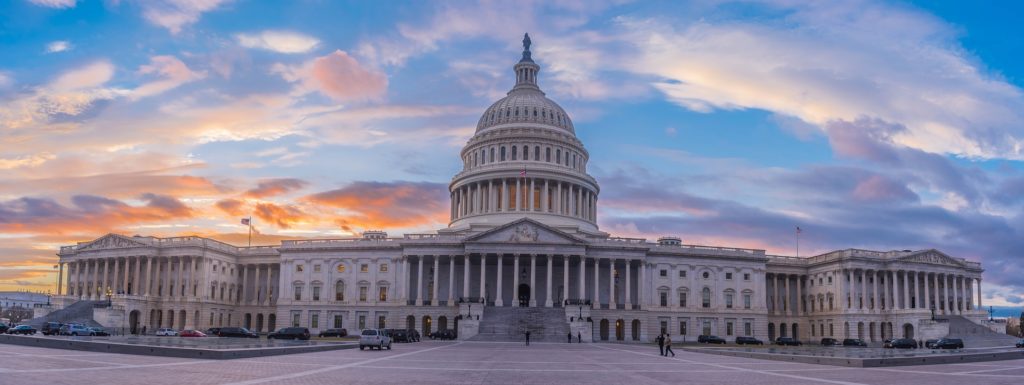Editor’s note: March 14, 2024 — The Consolidated Appropriations Act of 2024, signed into law by President Joe Biden on March 9, includes provisions to define certified community behavioral health centers (CCBHCs) within the Social Security Act. This makes CCBHCs a permanent part of Medicaid.
Proposed legislation in Congress could make certified community behavioral health centers (CCBHCs) a permanent fixture in Medicaid.
The bill, H.R. 7545, would make CCBHCs a service option that state Medicaid offices may include in their state plans. Currently, the value-based, care-focused, all-in-one care model is only available through a time-limited waiver demonstration program, making it not an option that states can consider as a plan benefit within Medicaid.
“This bill would not only allow people living in a CCBHC demonstration state to continue to access care from a CCBHC post-demonstration, but also enable other states to more swiftly take action to expand access to CCBHCs statewide,” Chuck Ingoglia, president and CEO, National Council for Mental Wellbeing, told Behavioral Health Business.
The bill was introduced by Rep. Doris Matsui (D-California) and is co-sponsored by Rep. Larry Buschon (R-Indiana). It has been assigned to the House Committee on Energy and Commerce, according to congress.gov.
Without congressional action, CCBHCs will cease to exist as a provider type within the Medicaid program. The program is time delimited by the Bipartisan Safer Communities Act.
The Medicaid program requires states to offer beneficiaries some core benefits but makes most options listed within the program optional. State Medicaid offices must include the required services if they are to get matching funds for the program. States are required to strike agreements with the Centers for Medicare & Medicaid Services (CMS) to access federal funds for the program.
“States, then, make the many operational and policy decisions that determine who is eligible for enrollment, which services are covered, and how payments are set,” the Medicaid and CHIP Payment and Access Commission (MACPAC) states on its website.
CCBHCs are nonprofit organizations that provide outpatient mental health and addiction treatment in addition to a wide range of related social and support services. They were developed through CMS and launched in 2017 via a demonstration waiver that allows for a prospective payment system. In return for financial stability, CCBHCs must also meet performance metrics related to care quality, staffing and operational efficiency.
The model is increasingly popular among state leaders and behavioral health advocates to address access challenges, especially for the vulnerable populations covered by health care. There are over 500 CCBHCs in the U.S.
CCBHCs must provide nine core services directly or through partnerships with community organizations: 24/7 crisis services, outpatient mental health, outpatient addiction treatment, personal and family treatment planning, community-based care for veterans, peer support and counseling, case management, primary care screening and monitoring, psychiatric rehabilitation, and screening and risk assessment.
CCBHCs are part of the federal government’s effort to increase access to behavioral health services. These services were specifically included in the big-dollar legislation, the Bipartisan Safer Communities Act, after the mass shooting in Uvalde, Texas, in May 2022. Other innovations include the new Innovation in Behavioral Health Model announced by CMS.



